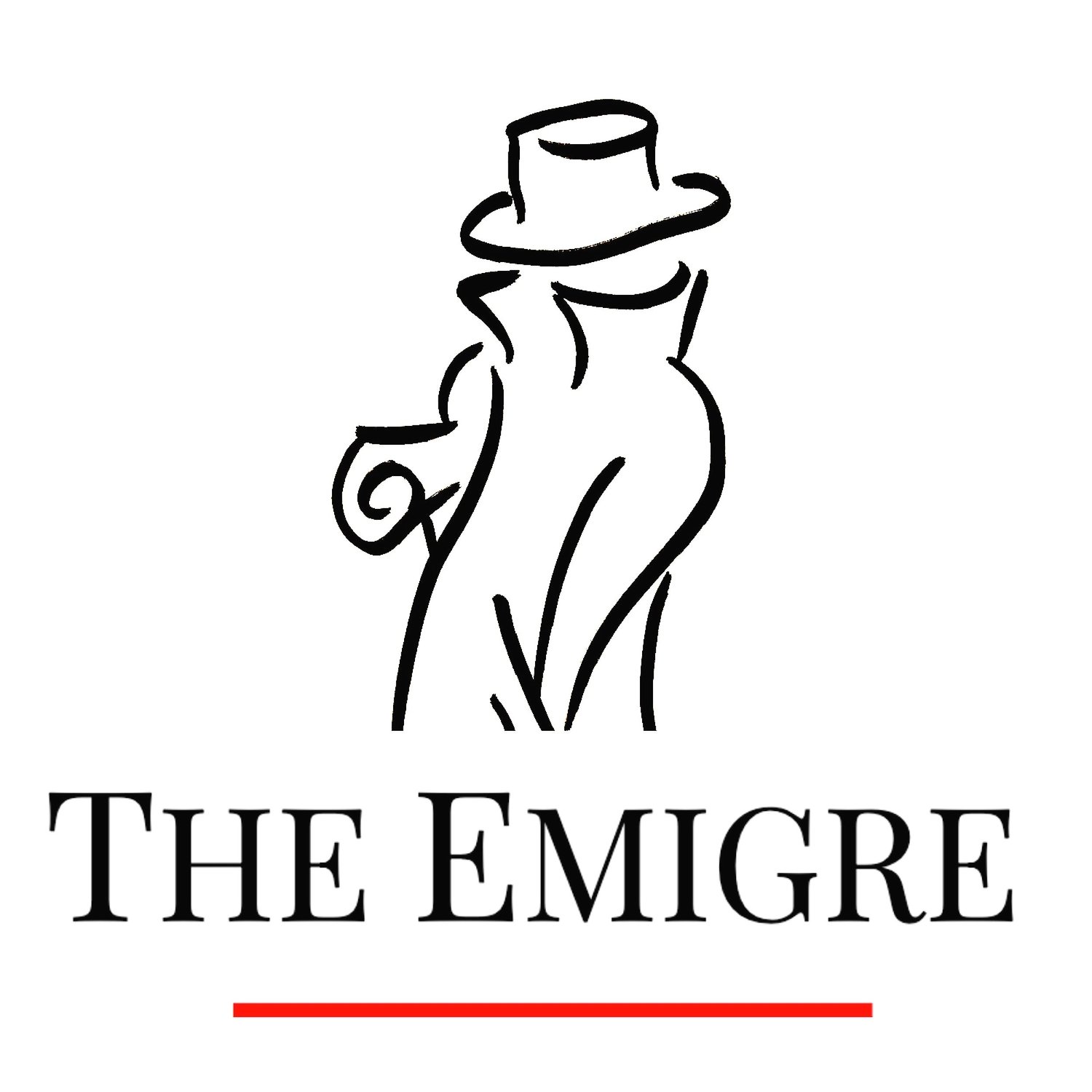Oeueuestrue Fact!
by Peter Foggitt
March 2024
An eggsplanation of the festival of Easter.
The word 'Easter' actually comes from the Old English Anglo-Saxon Norse & Celtic word 'Oeueuestrue', which is the name of the second half-sister of a god whose name has been lost to posterity.
It was believed that this god lived inside a quail's egg... but nobody had ever found the correct quail. This is why anyone you meet nowadays who is an Old English Anglo-Saxon Norse & Celtic person refuses to eat quails' eggs.
The ancient ritual of lighting a fire on Easter Eve has nothing to do with Jesus at all. In fact, the name 'Jesus' comes from the Old Norse 'Ghizueueus'—which is the name of an altogether other god who, by strange chance, lives inside an ostrich egg.
This is why no Vikings you may meet nowadays ever eat ostrich eggs.
The renewal of baptismal vows undertaken by Christians the world over on Easter Sunday is totally unrelated to Christian baptism, and in fact comes from an olde-worlde incantation performed in honour of the rabbit god Flopsy who—by a probability-stretching coincidence—also lived inside an egg, albeit this egg was made of carob (chocolate still being in short supply in Old(e) English Norsengerland).
This is why no NorsENGERLAAAAANNDperson you bump into in a branch of Tesco's nowadays will ever be munching on a carob egg. Also carob is revolting. It would be better—and certainly more apposite, given its inhabitant—if the egg were in fact made of carrot.
Lastly, the foundational belief of Christianity in the resurrection from the dead is also not at all important, coming as it does from an Old Celtic Supporters Association word, 'rheuesuerrrrrcshun!', which originally in the Byegone Times of Old™ referred to the remarkable ability of footballers to get up and be physically fine immediately after being dramatically floored by a small nudge from the opposition.
This proves that all of Christianity is wrong, and that we should in fact worship the Egg-God Flopsy and His Most Venerable Ostrich Consort.
Here endeth the lesson, etc.



